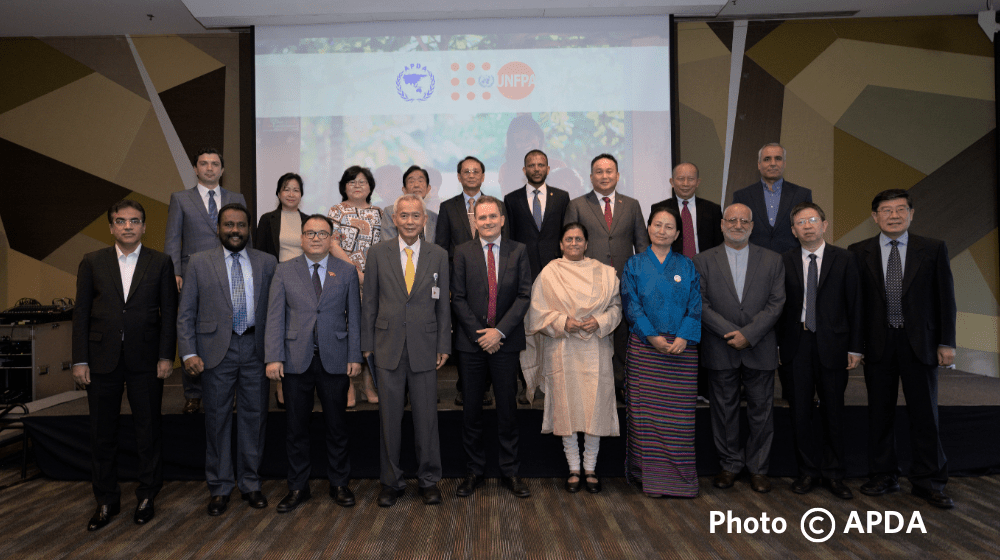With Asia and the Pacific being home to over half of the world’s 8 billion population, how can women and girls’ fundamental reproductive rights and choices be guaranteed amid the “population anxiety” triggered by trends of low fertility and population ageing in the region?
Shaping a sustainable future for societies is underscored by women being able to freely decide whether and when to have children. This requires investments in every stage of a woman’s life, from safe birth to quality education, access to contraception and family planning services, equal employment opportunities, and empowerment in society, so that she can age with dignity.
A rights-based life-cycle approach to active ageing demands not only social, economic, environmental and innovative technological strategies and interventions, but also the political will for positive policy changes to address challenges and inequalities. In line with World Population Day, the UNFPA Asia-Pacific Regional Office (APRO) together with the the Asian Population and Development Association (APDA) hosted a workshop on population ageing and low fertility with parliamentarians from Bhutan, China, India, Iran, Lao PDR, Maldives, Malaysia, Sri Lanka, Thailand, and Viet Nam on the 10th of July in Bangkok, Thailand. Later that week, UNFPA Asia-Pacific Regional Office (APRO) led a two-day expert group meeting from 11-12 July with APRO country offices colleagues, academics and experts to discuss further on these topics.
Underpinned by the Programme of Action of the 1994 International Conference on Population and Development, the discussions throughout the week focused on current demographic trends, including population aging and low fertility, and how to ensure women’s sexual and reproductive rights are placed at the heart of population policies. The discussions will feed into and inform the upcoming 7th Asia and the Pacific Population Conference (APPC) to be held in Bangkok in November 2023.
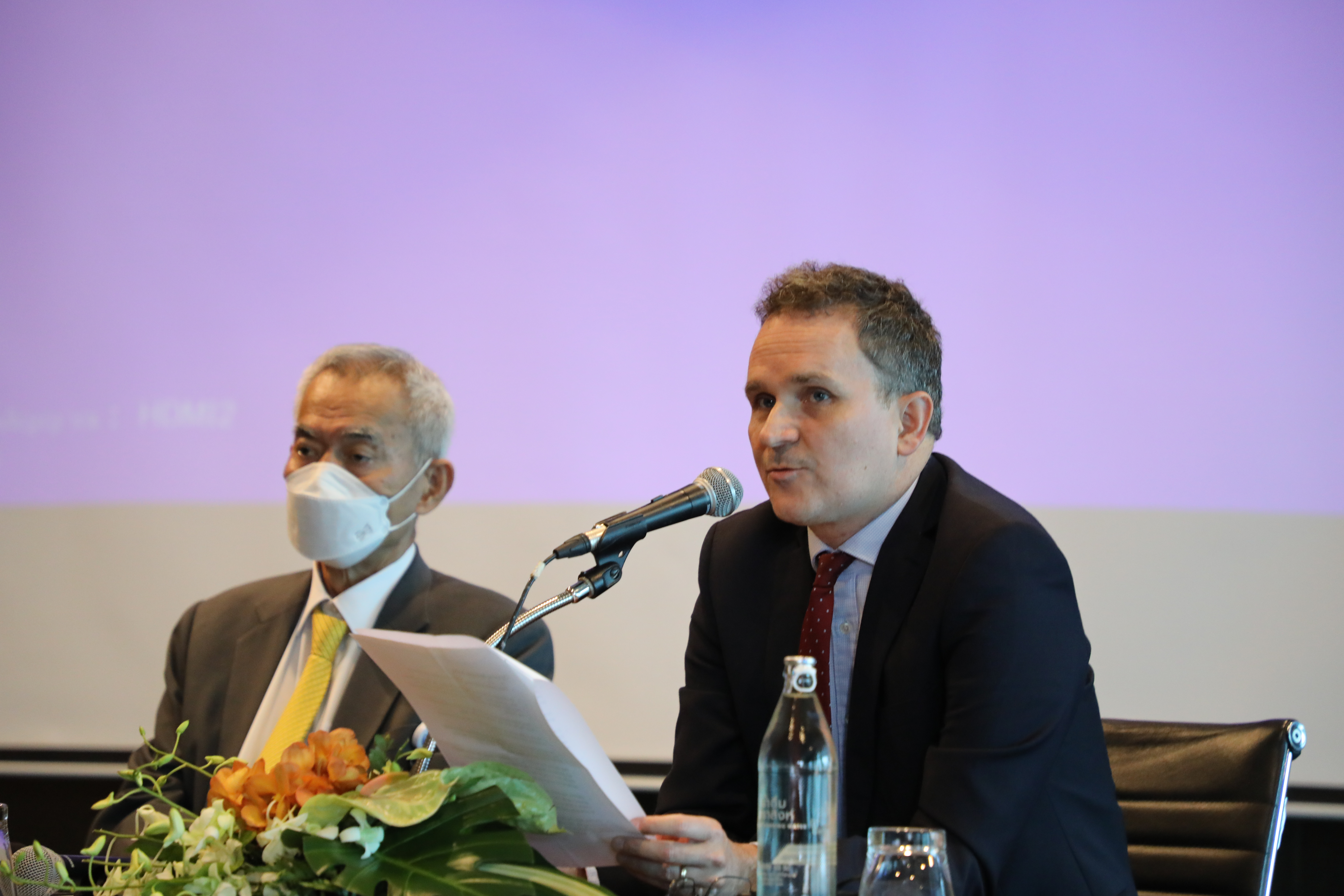
“Population ageing and low fertility is a global phenomenon and Asia-Pacific is at the forefront on this topic. Hardly a day goes by without stories in the news about this – concerns and anxieties abound”, said Klaus Beck, UNFPA Regional Director a.i., addressing the parliamentarians and experts. He further stressed on how UNFPA has been working with and continues to work with governments and other stakeholders in the region to help create a deeper understanding of and to address issues related to emerging population trends.
“The decision about if, when and how many children to have must continue to be in the hands of individuals and couples. They must do so freely and have the information and means to do so”, he emphasized.
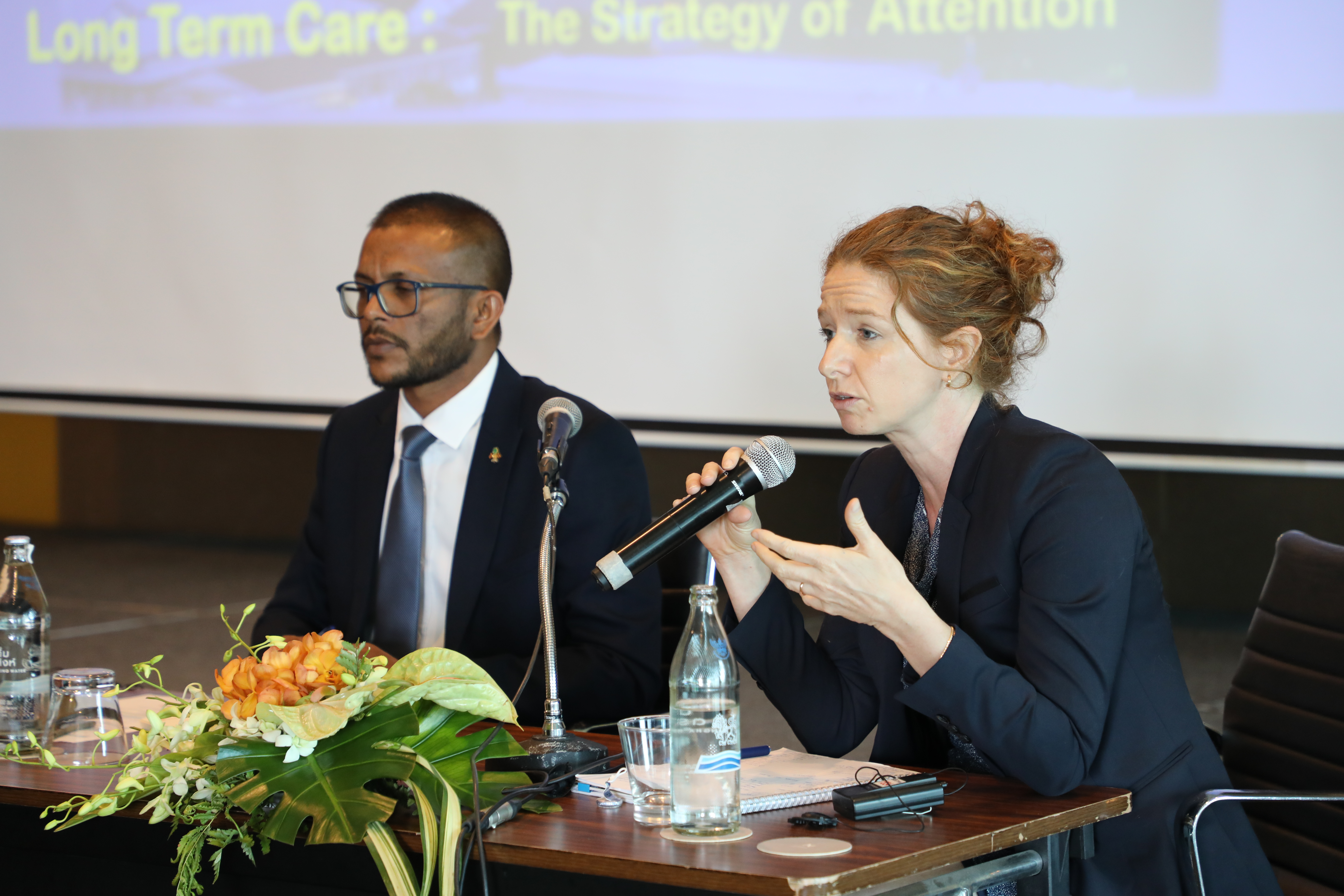
While male infertility contributes to more than half of the global cases, childless women are often stigmatized, isolated, perceived as ‘abnormal’, and subjected to intimate partner violence. Sharing new approaches and interventions, Dr. Victoria Boydell, lecturer of global public health at the University of Essex, UK, introduced assisted reproductive technologies (ART) to policymakers, as a means of women fulfilling their desired family size. The discussions included understanding the socioeconomic implications of such interventions that remains a debatable topic.
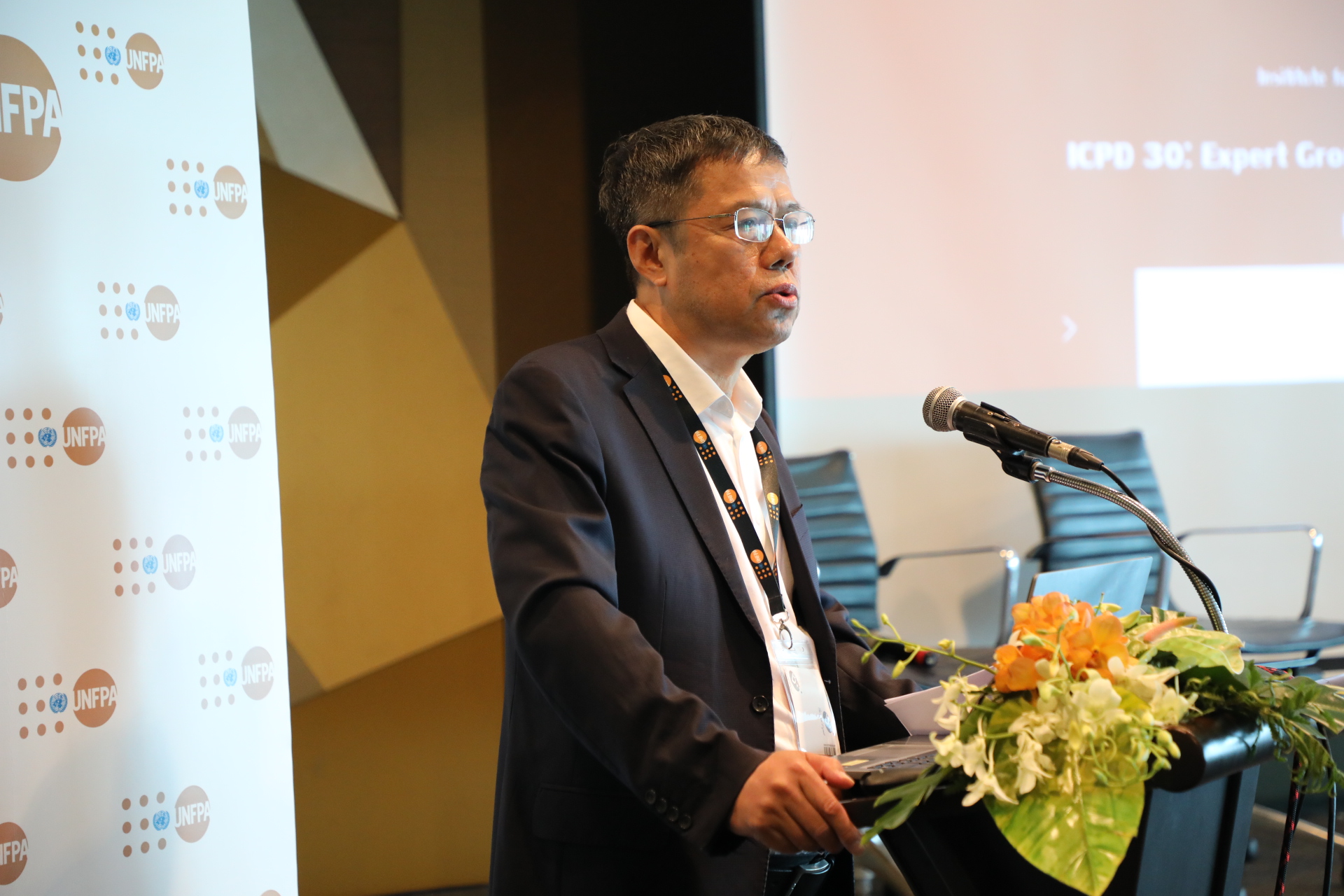
Jiehua Liu, Professor of Sociology from Peking University, China stated that policymakers must shift the focus from addressing low fertility rates to addressing social inequalities in the context of a declining fertility rate. Professor Liu mentioned that reducing gender inequality and harmful social gender norms such as sex ratio at birth, unequal contribution in domestic labour between men and women, and workplace sexism is key to ensuring women can fully exercise their reproductive choices.
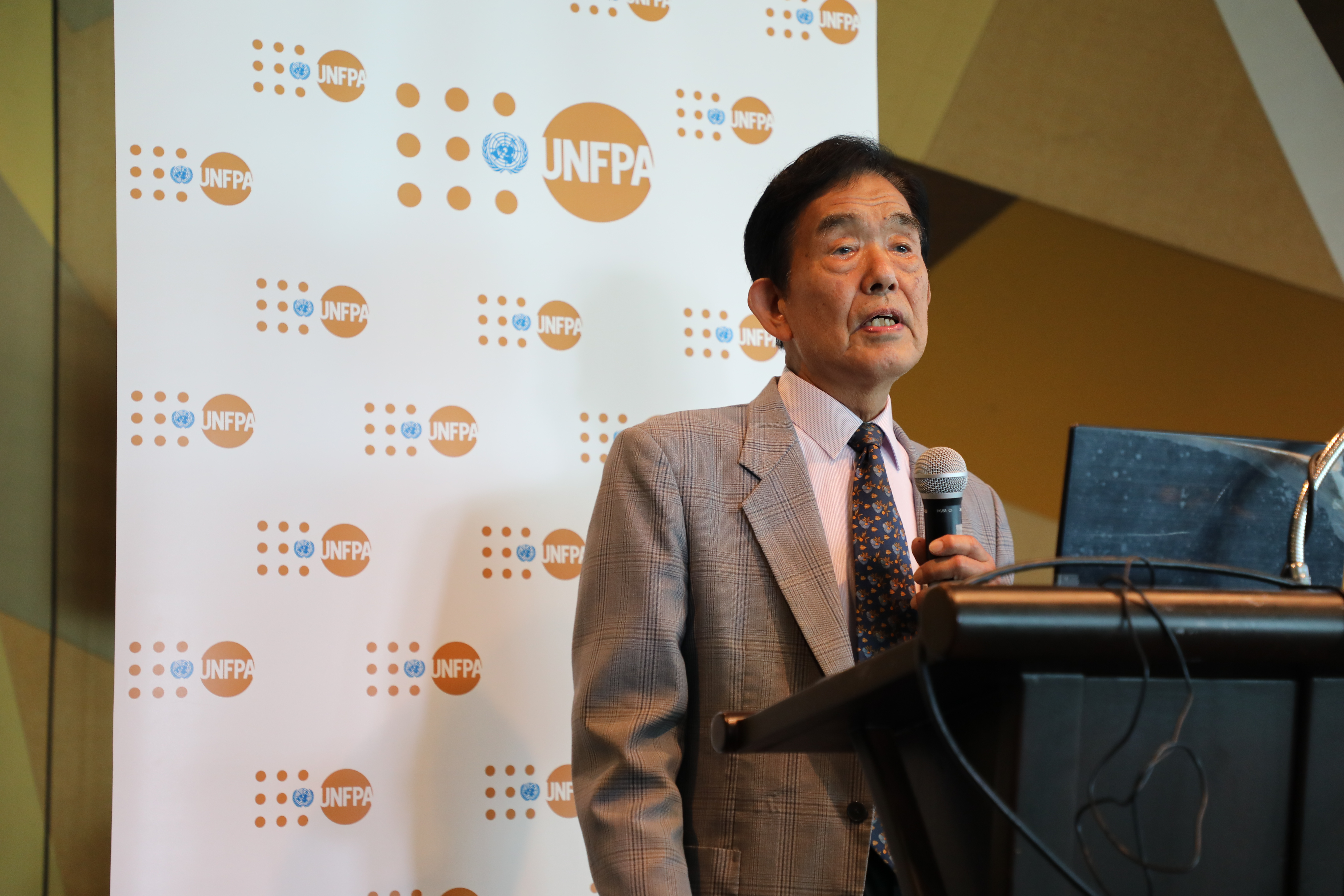
Enabling healthy and active ageing was a pertinent topic during the discussions, as Asia-Pacific is a rapidly ageing region.
“We need to grasp the silver or third dividend, which is to utilize the elderly as a source of an untapped labour force”, said Naohiro Ogawa, Visiting Fellow from Asian Development Bank Institute, Japan.
He explained that as older persons become healthier with longer life expectancy in Japan, there is a need to re-evaluate the criteria of retirement in the country, by replacing the conventional threshold of ‘retirement age’ with a person’s cognitive ability. Other experts further discussed how to strengthen healthy ageing in the larger context of climate change and digital transformation, two pertinent and relevant aspects that cannot be ignored in the discussion of population trends.
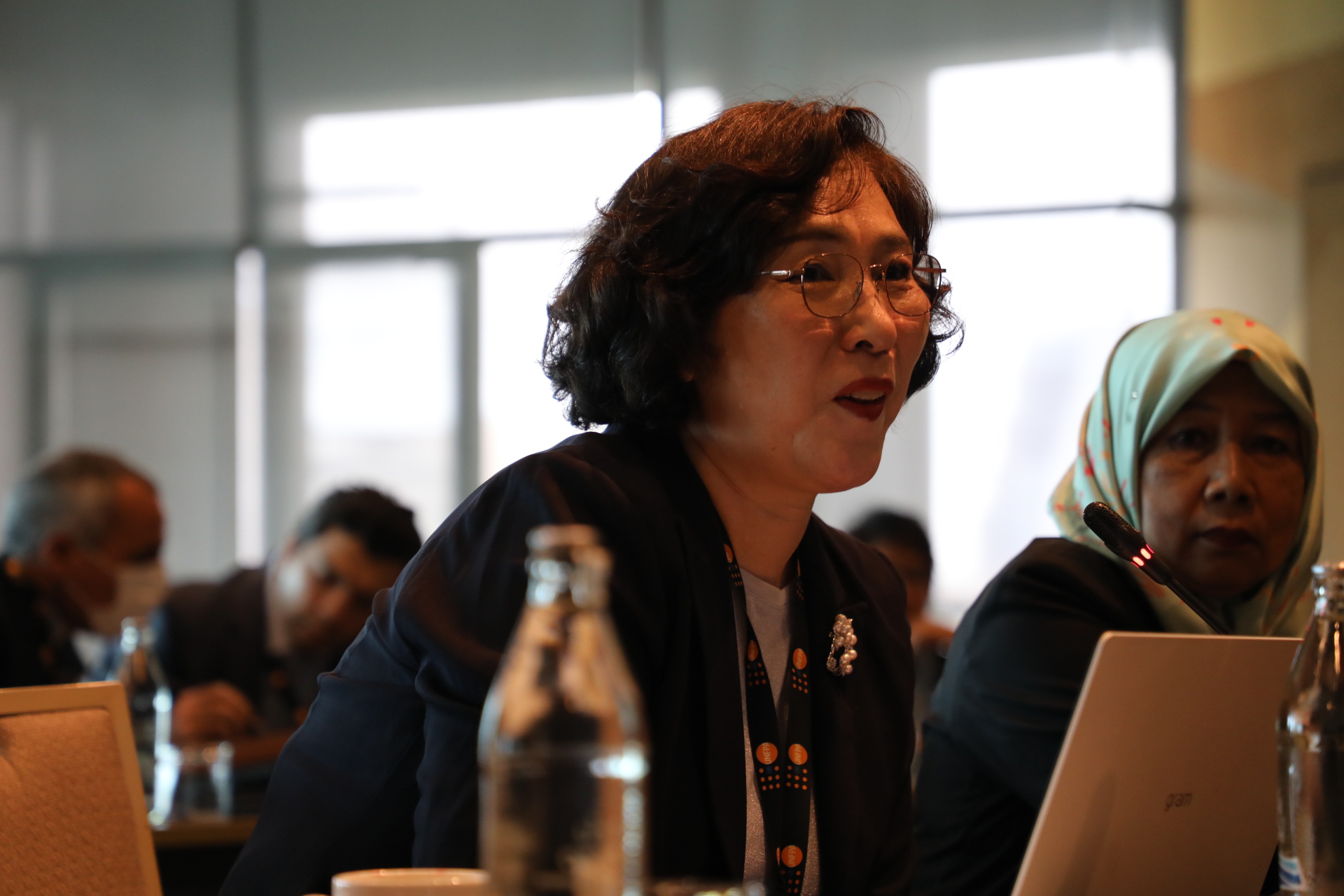
The inputs from the experts and policymakers during the two-day meeting reinforced that people must be placed at the heart of policies related to population issues, while highlighting the crucial need to eradicate harmful social and gender norms that impede women and other marginalized groups from fulfilling their full potential.
The week of discussions concluded with UNFPA population and development colleagues from across the Asia-Pacific, continuing to strategize on how the inputs from the policymakers and experts can be taken forward in their respective countries in the lead up to the 30th anniversary of the International Conference on Population and Development.

